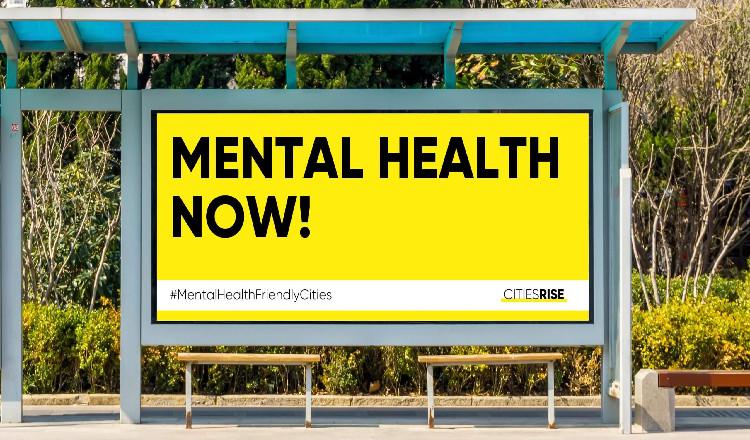
Cities globally attract young individuals for work, education, and social opportunities, and a recent study outlines characteristics crucial for bolstering their mental health. Conducted through surveys involving over 400 participants, including youth and multidisciplinary experts, the research identified six priorities for city planners: fostering life skills, creating age-friendly environments, providing safe public spaces, ensuring employment security, addressing social determinants of health, and integrating youth input into urban design. Published in Nature on February 21, the lead author, Pamela Collins, MD, MPH, chaired the study while at the University of Washington. The paper involved an international, interdisciplinary team, including citiesRISE, a nonprofit focused on transforming mental health policies for young urban residents. With cities projected to house 70 percent of the world's children by 2050, the unequal impacts of urban environments on mental health underscore the urgency of addressing issues such as inequality, violence, lack of green spaces, and displacement fears, particularly among marginalized youth. Commencing data collection in April 2020 amid the onset of the COVID-19 pandemic, researchers incorporated an open-ended survey question to gauge its potential ramifications, particularly on youth mental health perceptions in urban settings. Responses revealed that the pandemic either illuminated existing inequalities and resource disparities faced by marginalized urban communities or affirmed preexisting notions regarding how social vulnerability amplifies health challenges. The study enlisted a diverse panel of over 400 individuals from 53 countries, including 327 young people aged 14 to 25, spanning various sectors such as education, advocacy, adolescent health, mental health, urban planning, and technology. Conducting three successive surveys from April 2020 onwards, researchers tasked panelists with identifying urban life aspects conducive to supporting youth mental health. These inputs were distilled into six overarching domains: intrapersonal, interpersonal, community, organizational, policy, and environment. Within these domains, characteristics were ranked based on their immediacy of impact, potential to enhance youth well-being, and feasibility of implementation. Collectively, the study's findings furnish policymakers and urban planners with a comprehensive blueprint to enhance the mental health of young urban residents. Key recommendations include bolstering youth-focused mental health and educational services to foster emotional growth and self-efficacy, investing in social connection spaces to mitigate isolation, and prioritizing job creation and security to mitigate economic setbacks exacerbated by the pandemic. The research underscores the necessity for multi-sectoral investments in areas like transportation, housing, employment, health, and urban planning, with a particular emphasis on fostering social and economic equity. Moreover, it stresses the importance of inclusive urban planning policies that engage young people in the design and implementation of interventions directly affecting their mental health and well-being, while cautioning against initiatives that exacerbate existing disparities, such as gentrification and disproportionate allocation of green spaces at the expense of marginalized communities in need of affordable housing. The paper "Making cities mental health friendly for adolescents and young adults" was collaboratively authored by a team of 31 researchers with diverse backgrounds, led by the University of Washington Consortium for Global Mental Health, Urban@UW, the University of Melbourne, and citiesRISE. Details regarding author funding are acknowledged in the paper's Acknowledgements section.

ഡോക്ടർ അരുൺ ബി നായരുടെ യുവാക്കളിലെ കുറ്റകൃത്യങ്ങൾ പെരുകുന്നതിനുള്ള കണ്ടെത്തലുകൾ പത്രത്തിൽ പ്രസിദ്ധീകരിച്ചപ്പോൾ.
Recent research conducted by a collaborative team including Professor Hyung Joon Cha from the Department of Chemical Engineering and the School of Convergence Science and Technology.
ലേഖകൻ:
ഡോ. കൃഷ്ണ മോഹൻ ആർ.
Chairperson
National Allergy Chapter IAP
A recent study in The Annals of Family Medicine examined the effectiveness of Chat Generative Pretrained Transformer (ChatGPT) in summarizing medical abstracts to assist physicians with concise, accurate, and unbiased summaries amidst the rapid expansion of clinical knowledge and limited review time.
Scarlet fever- Symptoms and how to diagnose?
ഡോ.സജ്ന സഈദ്
ശിശു രോഗ വിദഗ്ധ
കോഴിക്കോട്
We have various options to advertise with us including Events, Advertorials, Banners, Mailers, etc.